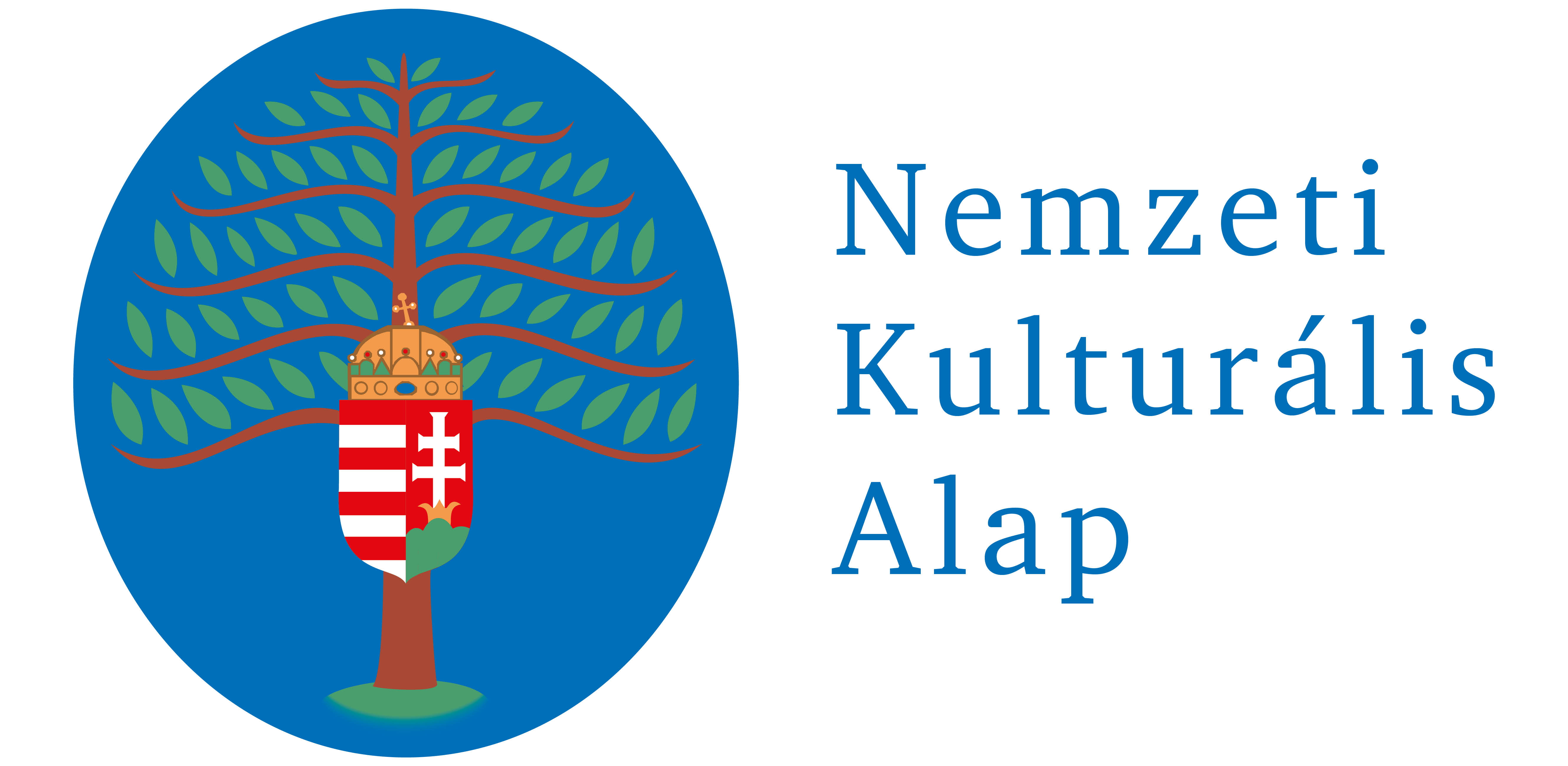Naptár
2024. április 15–19.
2024. április 20.
Eötvös József Kárpát-medencei középiskolai szónokverseny
2024. április 24. – május 3.
Tovább...
2. 2019.
Abstracts in English
Studies
Tücsök, Dorottya
Linguistic ideologies of students in teacher training: the construction of (linguistic) diversity
This study investigates the relation between students in teacher training and linguistic ideologies, the construction of (linguistic) otherness within the framework of critical sociolinguistics. This paper is the short summary of the research project „Inclusive higher education: the constructions of superdiversity and changing ideologies” funded within the New National Excellence Program. The aim is to gain insight into the views of prospective teachers on linguistic diversity through the analysis of empirical data, to reveal the underlying ideologies, and to identify groups that are thematized differently along various features by the respondents. Results show that the categorization of ′otherness′ (diversity) emerges in the discourse of students in teacher training. Diversity is defined on the basis of visible physical differences but smaller groups and individual differences also emerge.
Désfalvi, Ildikó
Dichotic tests for students with learning disabilities
The development of the left or right brain hemisphere′s dominance (lateralization) is essential for language development. Dichotic test is a relatively fast and simple procedure for the investigation of lateralization and binaural integration (listening with two ears). The present study shows how kindergarten children with learning disabilities the perform in the dichotic perception tests. Results of an experiment with twenty children with learning disability risk and twenty normally developing children at the kindergarten show that children at risk perform significantly weaker compared to the children in the control group. The difference between the two groups is larger in case of the left ear. This might indicate that asymmetry is abnormally large between the perception of the two ears. The difference between the two ears may lead to difficulties in speech perception and speech comprehension. Defining age norms in these dichotic tests may contribute to the differential diagnosis of atypical language development.
Workshop
Juhász, Valária – Radics, Márta
Techniques used for vocabulary assessment in Hungary
Vocabulary is a key component of text comprehension and learning competences. Therefore, exploring children′s vocabulary contributes to conscious teaching and development work. The first part of the study introduced research on vocabulary development. Then various vocabulary testing techniques were described. The second part of the study presents procedures that are part of complex linguistic investigations at kindergarten age, at school entry or at primary school. In the second part, tests to measure word recognition skills are introduced. Some of these tests are now part of compulsory screening tests. It is important to know methods for exploring the individual′s vocabulary because children′s possible deficiencies may be revealed, and targeted development may contribute to the development of text comprehension and learning competences.
Könnyü, Laura Krisztina
Let′s move!
Exercises with movement on the first language classes
This study shows the possibilities of using movement as an activity on first language classes. The theoretical introduction discusses the beneficial effect of movement on the efficiency of learning, the characteristics of movement and social intelligence, and the principles of drama pedagogy. It also discusses the role of classroom activity in first language education and the question of integrating movement into first language, literary education. The main section of the study is a collection of movement exercises, i.e. exercises that need to be solved with movements, matching to various topics discussed on Hungarian language classes. The study provides illustrations to the descriptions of the movement exercises and it also gives experience-based comments and advice to most of them. The exercises in the collection can be divided into three main types and by adapting the examples they can easily be built into the lesson. The aim of the study and the exercises is to promote movement in classroom among teachers of Hungarian language.
Szerdi, Ilona
Suggestions for developing the spelling skills of the digital generation
For students, spelling is the most useful activity of the grammar classes in everyday life. They are exposed to a number of stimuli due to the diversity of the linguistic constructedness of texts and discourse on the internet. Therefore, the development of spelling skills at school is even more crucial today. The first part of the study discusses the potential functions of spelling mistakes in internet communication. The second part introduces exercises where spelling questions can be discussed with shared content in social media and thus conscious language use can be strengthened.














